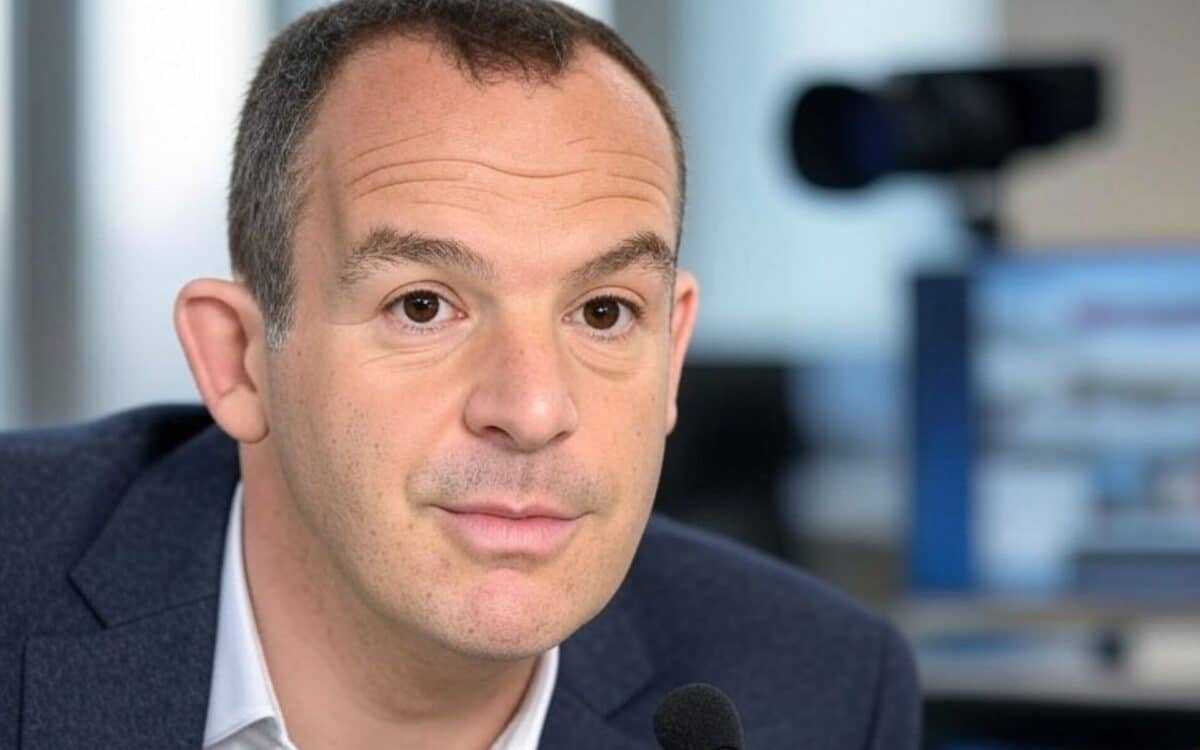Martin Lewis has criticised standing charges for unfairly burdening households, particularly those on lower incomes. From 1 January, these charges will be set at 60.97p per day for electricity and 31.65p for gas, applying to prepaid meters as well.
In other words, even if no energy is used for two weeks, households could still face a charge of nearly £13—a system Lewis argues disproportionately affects those trying to minimise energy consumption.
The Controversy Surrounding Energy Standing Charges
Martin Lewis has labelled standing charges a “moral hazard”, explaining that they disincentivise efforts to reduce energy use. For example, a pensioner who only uses gas for heating in winter is still required to pay 31.65p every day, year-round. “It’s by far the biggest single subject of complaint I get from the public about energy bills,” Lewis said.
He added that the most effective solution would be to reduce standing charges within the Energy Price Cap. However, this would likely result in higher unit costs for energy, a shift that could impact vulnerable high-energy users. For the government to adopt such a strategy, special protections would need to be implemented—something that hasn’t yet materialised.
| Energy Type | Daily Rate (from January 1, 2024) | Approximate Annual Cost |
|---|---|---|
| Electricity | 60.97p | £222.54 |
| Gas | 31.65p | £115.52 |
| Total Combined | £388.06 |
Ofgem’s Commitment to Addressing Standing Charges and Affordability
Regulator Ofgem has acknowledged the complaints, announcing plans to review standing charges and the broader issues of affordability and debt in the energy market.
“Low and no standing charge tariffs already exist in the market, and there are no clear regulatory barriers to there being more of them,” the regulator stated.
However, Ofgem admitted that such tariffs are limited and not accessible to all, particularly for customers with outstanding debts.
Looking ahead, Ofgem has proposed consulting on a zero standing charge option within the Energy Price Cap. If approved, this option could be available from winter 2025, providing consumers the ability to choose a tariff without standing charges.
Moreover, Ofgem clarified that this would apply even with existing suppliers, enabling wider adoption for those who opt in.
The Impact of Eliminating Standing Charges for Vulnerable Households
Critics caution that removing standing charges could have unintended consequences, particularly for vulnerable groups who rely on high energy usage for essential medical equipment. According to research from Marie Curie, terminally ill patients face energy bills that are:
- 6.9% higher than average for those using an electric bed.
- 15.8% higher for those undergoing at-home dialysis.
Ofgem has expressed concern that shifting standing charge costs onto unit rates could lead to higher bills for these households.
“Our position is that we should not, at this stage, change the default position for all customers,” Ofgem said.
The regulator emphasised the need for continued collaboration with the government to explore protections that could eventually make a zero standing charge model feasible.
The Ongoing Controversy of Standing Charges and Its Implications
The debate over standing charges is unlikely to disappear anytime soon. While a zero-charge option could be on the horizon, the financial implications for vulnerable households and the wider market must be addressed. For now, consumers will need to weigh the benefits and risks of any future changes.
As Martin Lewis has highlighted, reducing standing charges would require a careful balance to avoid shifting costs onto those least able to bear them. Whether the government and Ofgem can achieve this equilibrium remains to be seen.









